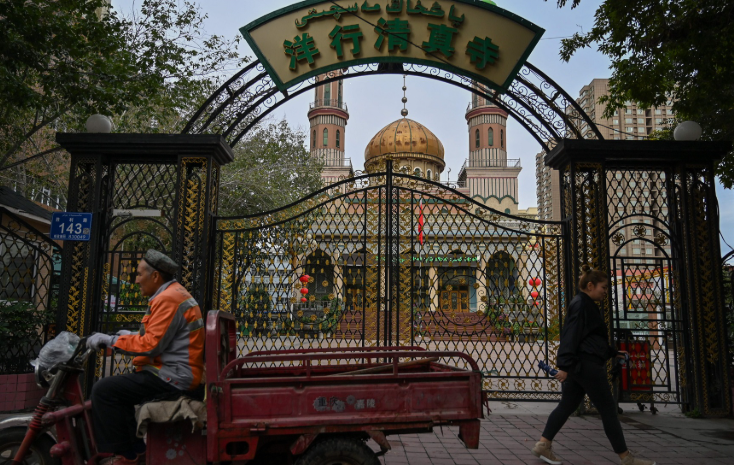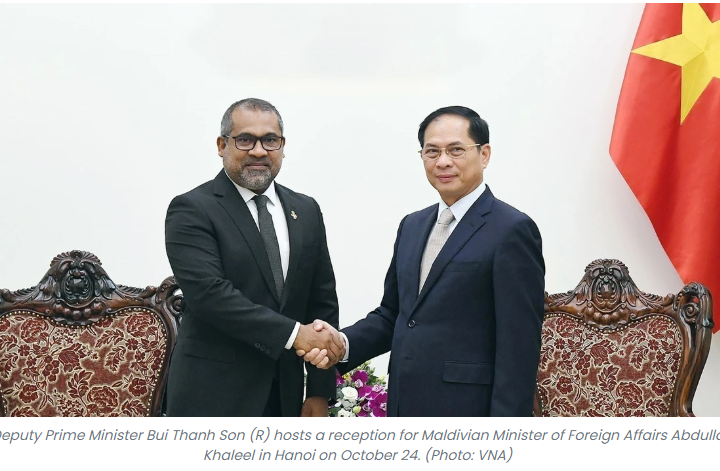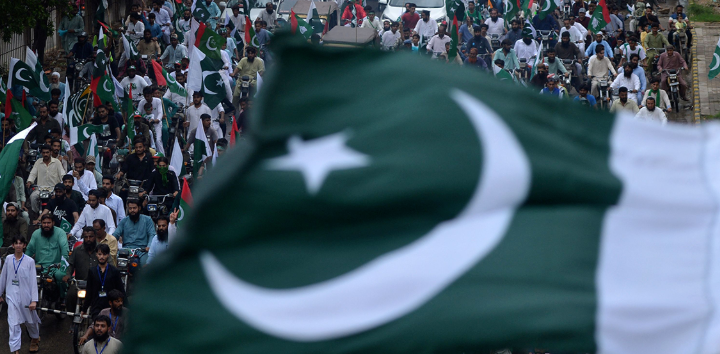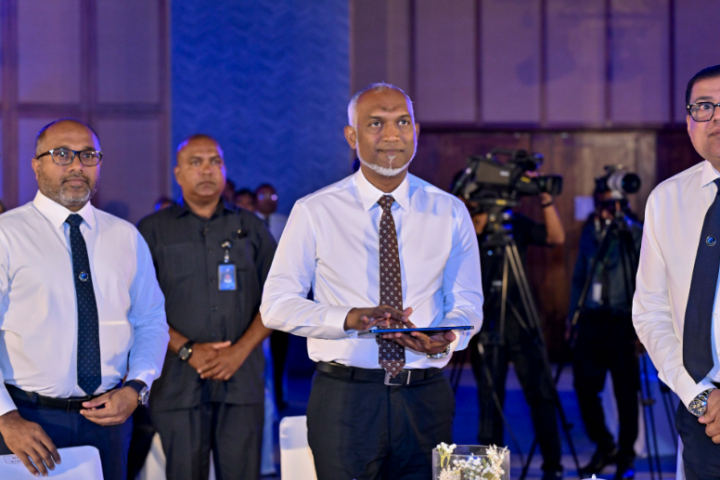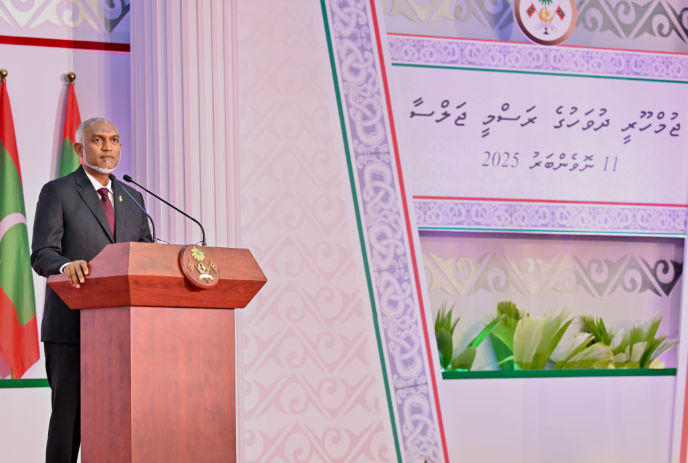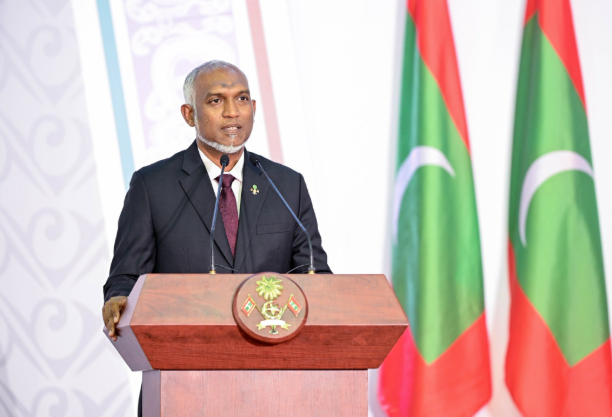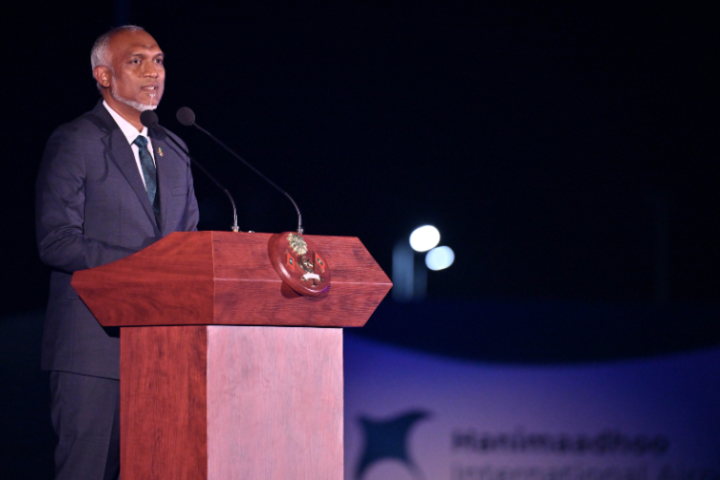In an unmistakable escalation of Washington’s scrutiny of Beijing’s human rights record, a group of Republican lawmakers has introduced new legislation aimed at punishing Chinese Communist Party (CCP) officials responsible for the systematic persecution of religious groups.
The Combatting the Persecution of Religious Groups in China Act, introduced on October 27, marks one of the most direct legislative efforts in recent years to confront China’s sustained campaign against faith communities.
The bipartisan measure, spearheaded by Senator Ted Budd and Representative Mark Alford, seeks to impose strict sanctions on Chinese officials linked to human rights violations against religious minorities.
The timing of the bill—coinciding with the 26th anniversary of International Religious Freedom Day—was a deliberate reminder of how religious liberty has become an ideological fault line between Washington and Beijing.
“China’s disdain for religious freedom is not new,” Senator Budd said in a statement.
“It is an ongoing and brutal pattern of abuse that must be met with steadfast American strength.”
His words echoed a growing sentiment in Washington that Beijing’s human rights abuses are not isolated acts but form part of a deliberate, state-directed policy to suppress independent belief systems viewed as threats to Party authority.
The CCP’s assault on faith is neither recent nor isolated. The Party’s hostility toward organised religion dates back to its revolutionary roots, when religion was dismissed as “spiritual poison” incompatible with Marxist ideology.
Over the decades, this suspicion has evolved into state policy—one that now blends surveillance, coercion, and propaganda to bring every expression of faith under the Party’s control.
The Falun Gong, a spiritual movement combining meditation with moral teachings, has faced perhaps the harshest persecution.
In July 1999, fearing the movement’s rapid growth—then estimated at between 70 and 100 million practitioners—the CCP launched a nationwide crackdown. Millions were detained in prisons and labour camps, and countless reports of torture and forced organ harvesting followed.
But Falun Gong adherents are not alone. Uyghur Muslims, Tibetan Buddhists, underground Christians, and unregistered Catholic congregations all face systematic repression.
Churches are demolished, crosses torn down, and sermons rewritten to reflect “Xi Jinping Thought.” Religious symbols are replaced with portraits of the Chinese president. Even children are prohibited from attending church services in several provinces.
The CCP’s latest target has been Zion Church, one of China’s largest unregistered Protestant congregations. Earlier this October, nearly 30 pastors and members were detained in a sweeping crackdown.
Senator Budd described the arrests as “further evidence of the CCP’s extensive, coordinated persecution of religious minorities.”
If enacted, the new bill would authorise targeted sanctions against Chinese officials deemed responsible for religious persecution. These sanctions could include asset freezes, visa bans, and other restrictions under U.S. law.
According to the text of the bill, qualifying abuses include arbitrary detention, torture, forced labour, forced sterilisation, and severe restrictions on religious expression—acts that, taken together, reflect the CCP’s long-running attempt to eliminate religious autonomy from Chinese life.
The legislation also underscores the U.S. Congress’s continued recognition of China as a “country of particular concern” under the International Religious Freedom Act of 1998.
That designation, the highest possible under U.S. law, identifies nations that engage in or tolerate “systematic, ongoing, and egregious violations of religious freedom.”
Under the new proposal, Congress would urge Beijing to release all unjustly detained religious and political prisoners and ensure humane treatment for those still in custody, including access to independent medical care—a demand that underscores the severity of conditions in Chinese detention centres.
Representative Mark Alford, who co-led the legislative initiative, described the measure as overdue.
“The Chinese Communist Party has perpetrated heinous abuses against religious groups for decades,” he said. “It’s time for the United States to stand up for religious freedom in China as we have in other parts of the world.”
The bill has attracted a number of Republican cosponsors, including Senators Thom Tillis, Marsha Blackburn, Dan Sullivan, and Todd Young.
In the House, Reps. Greg Steube, Dan Crenshaw, and Michael McCaul have signed on as supporters.
Senator Young described China’s campaign against believers as “horrific and shameful,” adding that the United States must “hold accountable those who perpetrate this reprehensible behaviour.”
His statement reflects a growing bipartisan consensus that human rights abuses, particularly religious persecution, represent not only a moral issue but a national security concern—evidence of a state willing to use surveillance, coercion, and propaganda on a mass scale.
The CCP’s hostility toward religion stems from its enduring fear of any collective identity beyond Party control.
For decades, religious organisations have been forced to register with state-controlled “patriotic associations”, such as the Three-Self Patriotic Movement for Protestants and the Chinese Patriotic Catholic Association for Catholics. Those who refuse face harassment, imprisonment, or worse.
Under Xi Jinping, these controls have intensified dramatically. The CCP has launched a program of “Sinicisation”, forcing religious institutions to conform to socialist ideology.
Bible passages are censored, clerics are required to pledge loyalty to the Party, and mosques are demolished or repurposed. Surveillance cameras now monitor worshippers in temples, churches, and mosques across the country.
The Uyghur crisis in Xinjiang remains the most notorious example of this machinery of repression.
Since 2017, over a million Uyghurs and other Muslim minorities have been detained in what Beijing calls “re-education centres.” Survivors describe indoctrination sessions, forced labour, and sexual abuse—accounts that have prompted accusations of genocide from human rights organisations and Western governments.
In Tibet, the CCP’s control has manifested through the destruction of monasteries and restrictions on the Dalai Lama’s influence.
Tibetan children are now being placed in state-run boarding schools where Buddhist teachings are replaced with Party propaganda.
The international community has repeatedly condemned Beijing’s persecution of religious groups, but concrete action has remained limited.
Sanctions under the Global Magnitsky Act have been applied to a handful of Chinese officials, but they have done little to change policy inside China.
Beijing continues to dismiss accusations of religious persecution as “anti-China propaganda,” insisting that it merely enforces laws against “extremism.”
Human rights experts note that the CCP’s strategy is rooted in ideological insecurity rather than national security. In the Party’s worldview, any belief system that commands loyalty beyond the state is inherently subversive.
The result has been a decades-long campaign to erode faith itself—whether through propaganda, imprisonment, or re-education.
A 2025 report by the U.S. Commission on International Religious Freedom described China’s religious freedom conditions as “among the worst in the world,” noting that the regime has “forced its ideological agenda into every facet of religious life.”
The same report warned that Beijing’s use of technology—particularly facial recognition, digital surveillance, and AI-driven censorship—has made its persecution more efficient and less visible.
The new U.S. legislation reflects a hardening attitude toward China within Congress, where both parties increasingly view Beijing’s domestic repression and international assertiveness as part of the same authoritarian project.
Religious persecution, once seen as a humanitarian issue, is now understood as a political instrument of control—a mechanism by which the CCP preserves its dominance at home while projecting defiance abroad.
